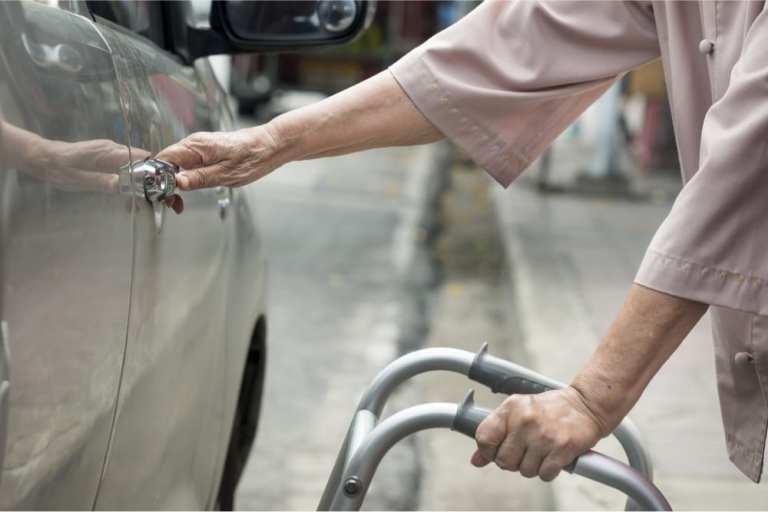InComm Initiative Connects Seniors With Rides To Doctors

Payments technology company InComm is expanding its offerings in the OTC benefits card business to include transportation for seniors needing a ride to the doctor’s office.
The Atlanta-based payments company said Thursday (June 18) it is teaming up with American Logistics and Uber Health to launch a transportation benefit program.
The new program will enable Medicare Advantage members to call for an Uber to go to a doctor’s appointment or other non-emergency medical visit and use their over-the-counter (OTC) health network benefits plan cards to pay for it.
The offering represents a significant expansion of the capabilities of the Medicare Advantage OTC Network cards, which are currently run off the InComm healthcare payments platform.
Medicare Advantage members have already been able to use their OTC network cards to pay for a number of medical products and services, including over-the-counter medications, health and wellness items, and healthy foods.
OTC Network cards can currently be used at over 60,000 pharmacy and other retail locations.
“With today’s health concerns, health plans have the opportunity to embrace actions that can help support their members’ overall health,” said Brian Parlotto, executive vice president at InComm, in a press release. “We’re proud of this partnership, which will help patients get to the medical appointments they need without having to pay out of pocket.”
The addition of the transportation benefit comes roughly eight months after InComm first launched its “multi-purse wellness card” in October 2019. The new card, in turn, is “powered by InComm’s proprietary Healthcare Payments Platform,” the company announced at the time.
“This is the first partnership of its kind designed to facilitate non-emergency medical transportation for those who depend on plan-provided benefits. For the first time ever, those with OTC Network® benefits cards can now access transportation,” said Dan Trigub, head of Uber Health, in the press release. “We’re eager to work alongside InComm and American Logistics to help further remove transportation as a barrier to care for our most vulnerable populations.”